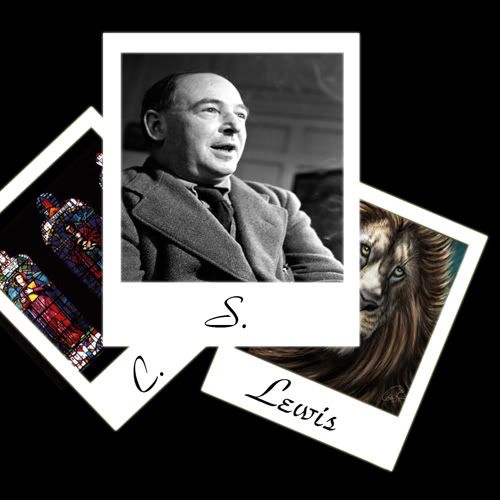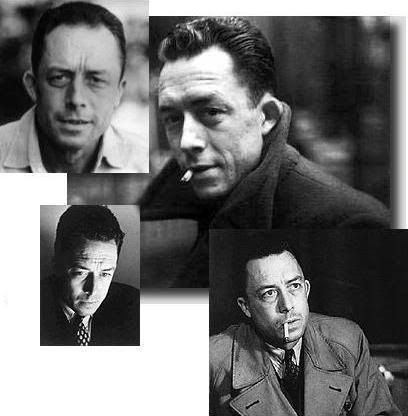C.S. Lewis. Novelist:? or Philosopher? Christian? Or Atheist?

We all know C.S. Lewis as th author of the Narnia Chronicles, yet, do you really know his entire body of work? Reading the Narnia chronicles you can pick apart each character and where they may reside in the bible, so it is an obvious, that Lewis was a Christian while writing this series. Did you know that he was an atheist until the age of 30. Not many people know that, that is also why when I read his pieces on Christianity I take them with a more open approach then I would have had he never known the other side, for to argue the point of something, or profess its virtues you must also know the opposing sides argument, and he truly knows it.
The other Mod and I, were discussing Lewis, and came to the conclusion that if anyone could convince someone to be a Christian then it would be Lewis - his writing has formed itself into a series of masterpieces that have already lasted longer then him, and I am sure will outlive us all.
In his book Mere Christianity Lewis criticized the idea that Jesus was a great teacher, and merely a human being. This is in reference to the matter of people accepting the existence of Jesus as nothing more then another person, and he popularized the following argument (which also came to be known as the Trilemma.)
- Jesus was telling falsehoods and knew it, and so he was a liar.
- Jesus was telling falsehoods but believed he was telling the truth, and so he was insane.
- Jesus was telling the truth, and so he was divine.
E- Books:
| Mere Christianity | Spirits in bondage |
If you want some further development on the teacher/divine aspect watch this, very interesting :
A piece from the movie "Shadow lands" based on the life of Lewis as played by Anthony Hopkins, if you have ever wondered where god was in the midst of your own suffering listen to this:
Labels: CS lewis, England, English, Inklings, Lewis, Mere christianity, Narnia, Screwtape letters, Tolkien, WWII

